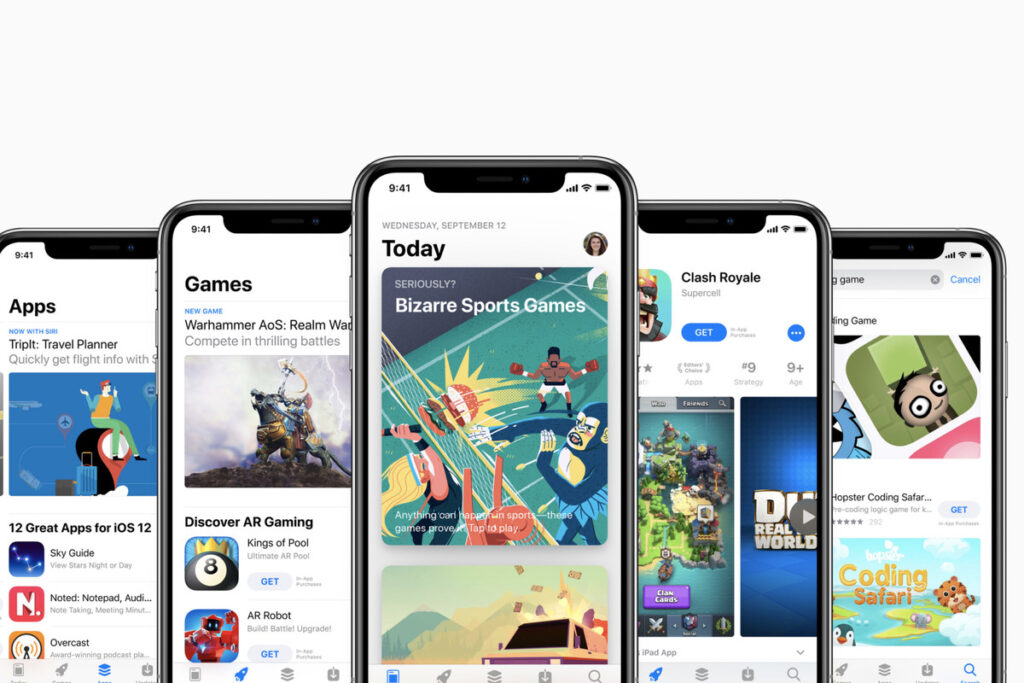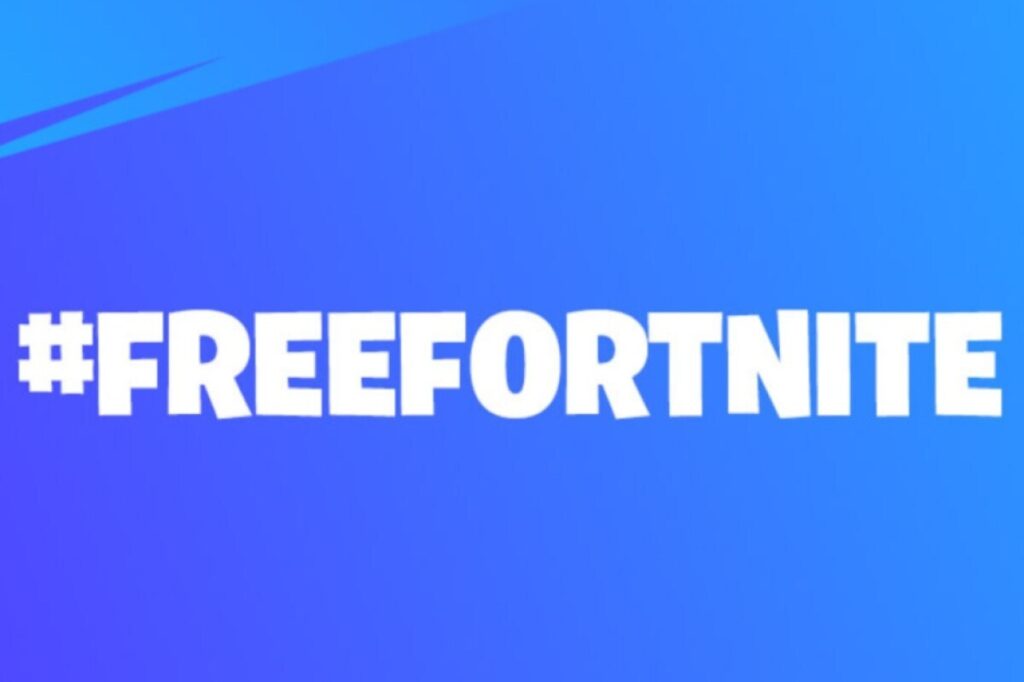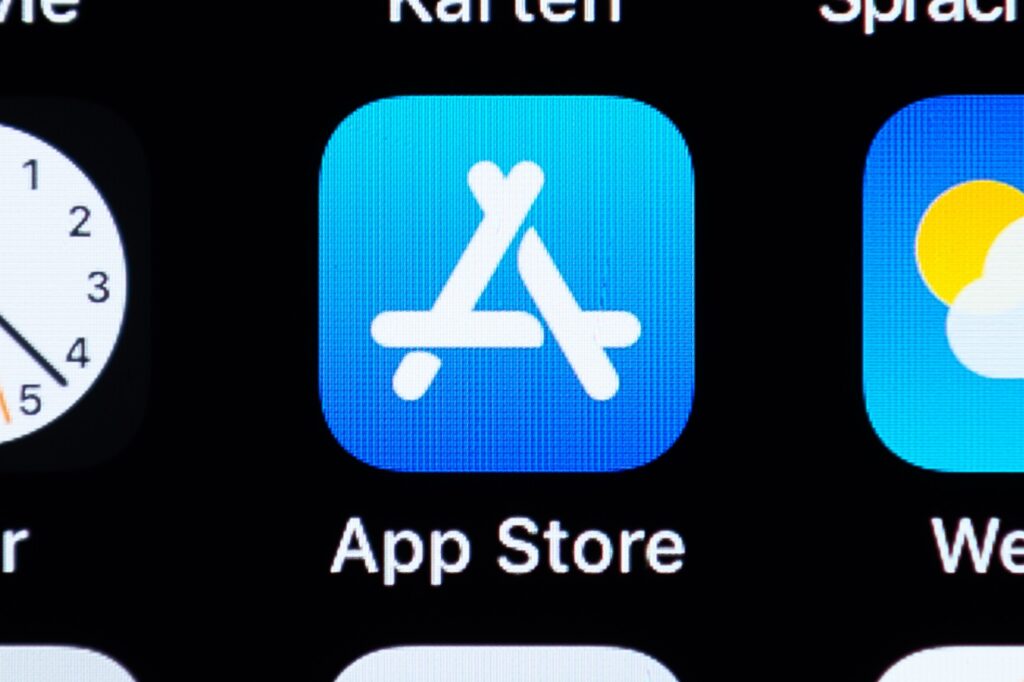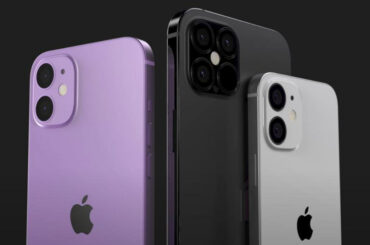Apple takes a 30% cut from all the payments processed through its AppStore. However, starting from January 1st 2021, Apple will reduce its AppStore cut to 15% for small businesses.
Apple generates around $50 billion through in-app purchases and sales made through its AppStore, where Apple will take around $15 billion.
Apple has tight control over the payment processing happening in all iPhone applications. You can’t use your own payment processing methods to collect payments in your apps, because Apple doesn’t like you bypassing their payment system and not giving them the 30% cut of all payments.
The same requirements exist in Google as well, where Google also takes a 30% cut from all in-app purchases and app sales made through their PlayStoes. Google will not approve your app in the review process if you are using third-party payment processors.
Earlier this year, Epic Games crossed paths with Apple when they introduced their own payment processing for in-app purchases made through their popular app Fortnite.
Apple was quick to kick Fortnite from their AppStore, and Google also kicked Fortnite out from the PalyStore. And there are lawsuits ongoing between Fornite and Apple and Google to resolve the issue and bring Fortnite back to the respective stores, without giving Apple and Google their 30% cut.
Apple AppStore Small Business Program


However, starting from January 1st, Apple is introducing the “App Store Small Business Program“. Apple plans to cut the Apple app store by 50%, from 30% to 15%, for a selected category of small scale app makers.
To be selected to the Apple “App Store Small Business Program”, you need to meet the following criteria
- You are already an app developer who made less than $1 million through Apple’s app store in 2020
- Any new app developer signing up on the AppStore in 2020
If you are one of the above Apple will only charge 15% on all in-app and AppStore transactions in 2021.
If you make less than $1 million in a calendar year on AppStore, you will are eligible for the AppStore small business program in the next year, where Apple will charge only 15% for AppStore transactions.
The history of the 30% cut
The 30% charge that Apple takes from each transaction comes from the gaming industry where console makers used to take a 30% charge from all the cartridge sales.
Apple took the same concept when they initially launched the App store and started charging a flat 30% from each transaction made from the app store.
The Apple tax


Some developers call the 30% charge that Apple takes from all AppStore transactions as the ‘Apple tax’. Apple says that they are charging 30% because they are handling the hosting, and promotion of the apps in their AppStore.
However, developers have been asking Apple to reduce the 30% Apple tax or allow third-party app stores to host apps that will charge a lesser cut from the developers.
However, Apple has constantly denied third-party app stores, saying that it will reduce privacy and security and breach the trust that people have put on the AppStore.
Google on the other hand allows third-party stores to host Android applications. However, they are not as popular as the Play Store, and users will get multiple security warnings, distracting, and even preventing them from installing these third-party apps.
One can argue that Apple and Google have a monopoly over app distribution, not the developers. However, Apple and Google can also argue that since they are making their software, and for Apple, also the hardware, they can decide how apps get distributed on their platform.
Why AppStore and PlayStore are monopolies?
Have you ever wondered why developers can freely distribute software for your computers while App developers are not allowed to do the same?
It is not because iOS or Android prevents you from doing it. Your desktops and laptops are classified as general-purpose computers. And by law, developers can distribute software easily, without the manufacturers holding them back.
However, your smartphones aren’t classified as a general-purpose computer, and therefore, the manufacturers can control the distribution process of the software. So until lawmakers consider smartphones as general-purpose computers, Apple and Google can continue their app distribution from their respective stores.
As a developer are you happy about Apple reducing their AppStore cut to 15%? or would you rather want third-party app stores?




